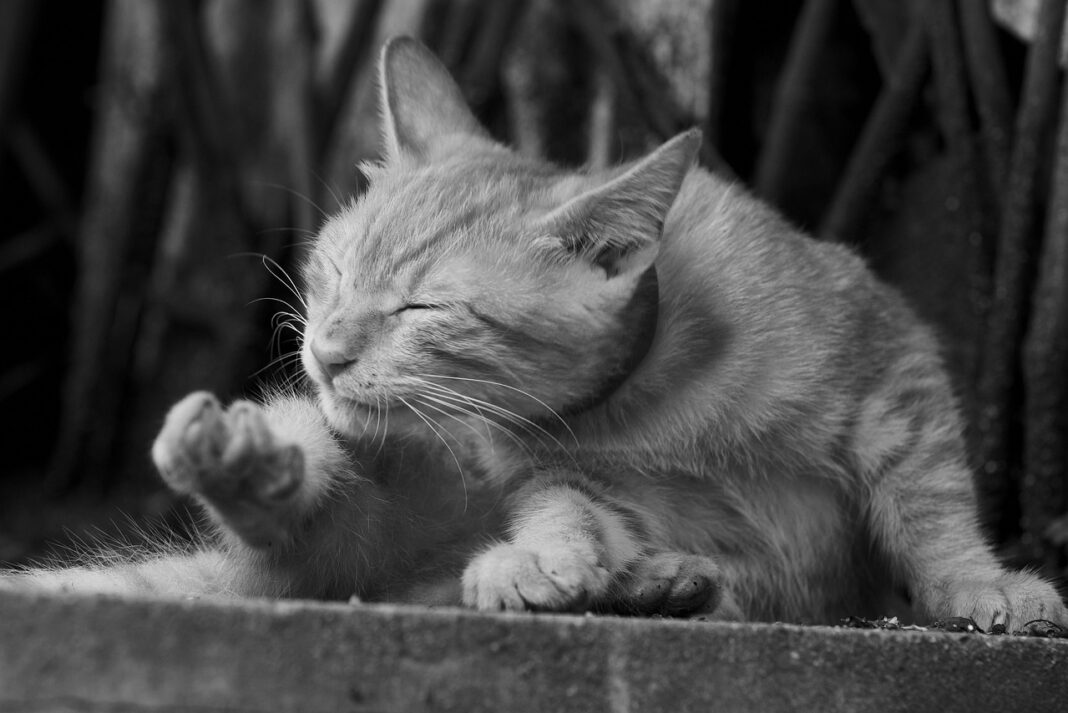As pet owners, we want nothing but the best for our furry friends. Embracing a holistic approach to pet health can significantly enhance your pet’s well-being. This article will guide you through essential tips and practices, covering various aspects of pet health care to help you provide optimal care.
Understanding Holistic Pet Health
Holistic pet health goes beyond treating symptoms; it focuses on the whole animal—physical, emotional, and environmental factors. This approach views pets as individuals with unique needs. Rather than simply addressing individual ailments, holistic care emphasizes prevention and wellness strategies that foster vitality.
The Role of Nutrition
Nutrition is at the core of holistic pet health. A balanced diet tailored to your pet’s specific needs plays a critical role in maintaining their overall health.
Causes of Dietary Issues
Many health problems originate from poor nutrition. Common dietary issues include obesity, allergies, and digestive disorders, often caused by low-quality commercial pet food, table scraps, or insufficient variety in their diet.
Symptoms to Watch For
Look for signs of poor nutrition, such as:
-
- Dull coat and skin issues
-
- Excessive shedding
-
- Lethargy
-
- Unusual weight gain or loss
Diagnosis and Treatment
Consult your veterinarian for dietary assessments. Emphasize high-quality, species-appropriate food that meets the specific nutritional needs of your pet’s breed, age, and activity level. Incorporate fresh fruits and vegetables (safe for pets) to enhance their diet.
Regular Physical Activity
Physical activity is vital for your pet’s physical and mental health. It helps prevent obesity, reduces anxiety, and fosters social interactions with other pets and people.
Understanding Exercise Requirements
Different pets have varying exercise needs. While a high-energy dog may require several walks and playtime, a cat might enjoy indoor games or a climbing tree.
Symptoms of Inactivity
Signs that your pet isn’t getting enough exercise may include:
-
- Behavioral issues like destruction or aggression
-
- Weight gain
-
- Lack of interest in play
Tips for Encouraging Activity
Incorporate daily walks, engaging toys, and interactive games like fetch or hide-and-seek. For cats, laser pointers, feather wands, and puzzle feeders can stimulate their hunting instincts.
Emotional Well-Being
Your pet’s mental and emotional health is just as important as their physical health. A happy pet is a healthy pet.
Recognizing Emotional Distress
Signs of anxiety or depression in pets may include:
-
- Excessive barking or meowing
-
- Withdrawal or hiding
-
- Changes in eating or grooming habits
Techniques for Improvement
-
- Socialization: Introduce your pet to new environments and individuals gradually.
-
- Routine: Establish a daily routine for feeding, play, and relaxation to provide stability.
-
- Training: Basic obedience training not only helps with behavior but also strengthens your bond.
Natural Remedies and Preventive Care
Many pet owners are turning to natural remedies as part of a holistic approach. However, it’s essential to consult a veterinarian familiar with holistic methods.
Common Natural Remedies
-
- Herbal Supplements: Herbs like turmeric and milk thistle can support joint health and liver function.
-
- Homeopathy: Some owners find success with homeopathic remedies for issues like anxiety and skin conditions.
Preventive Care Practices
-
- Regular Check-ups: Schedule annual veterinary visits for wellness check-ups and vaccinations.
-
- Dental Care: Regular teeth cleaning can prevent dental disease, which is linked to other health issues.
Environmental Factors
Creating a healthy environment for your pet is crucial. A pet-friendly home ensures safety, comfort, and stimulation.
Identifying Environmental Causes
Improper environments can lead to stress or health issues. Common problems include:
-
- Toxic plants or chemicals
-
- Inadequate shelter or comfort
-
- Insufficient mental stimulation
Solutions for a Healthy Environment
-
- Safe Space: Designate a cozy area for your pet with their bed, toys, and personal items.
-
- Toxin-Free: Ensure that your cleaning products and plants are pet-safe.
Consistent Monitoring
Regular monitoring of your pet’s health is essential for early detection of potential issues.
Signs to Monitor
Pay attention to:
-
- Changes in appetite or drinking habits
-
- Alterations in behavior or energy levels
-
- Frequent vomiting or diarrhea
Tracking Health Changes
Keep a journal of your pet’s health, including notes on their diet, behavior changes, and any new symptoms. This record will help you and your veterinarian make informed decisions regarding their care.
Holistic Veterinary Care
Consider finding a veterinarian who specializes in holistic or integrative care. These professionals can provide insights into alternative treatments, acupuncture, or chiropractic care that conventional vets may not offer.
Questions to Ask Your Veterinarian
-
- What alternative therapies might be beneficial?
-
- How can we integrate conventional and holistic treatments?
-
- Are there specific dietary recommendations for my pet’s condition?
Embracing a holistic approach to pet health involves addressing every aspect of your pet’s life. From nutrition and exercise to emotional well-being and environmental factors, implementing these strategies can lead to a happier, healthier life for your furry companion. Remember, every pet is unique, so tailoring these tips to your pet’s individual needs is crucial for optimal health.





